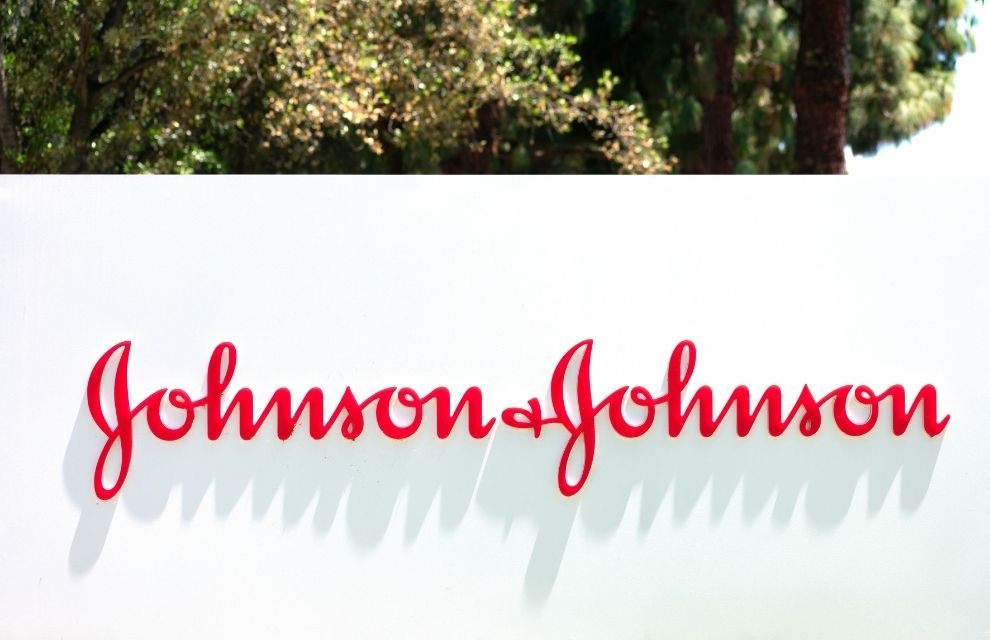The New Jersey Supreme Court has upheld an appeals court ruling that Johnson & Johnson (J&J) are due a $56 million tax refund. The Supreme Court did not write a plenary opinion in this case. With a five-to-one majority, the court affirmed the judgment of the Appellate Division for the reasons expressed in Judge Michael Haas’s opinion from the appeal case in September. In his argument in September 2019, Judge Haas, outlined “stressing that the original plain language of N.J.S.A. 17:22-6.64, clearly limited J&J’s tax liability to the risks it insured in New Jersey [and] was not changed in any way, shape, or form in the 2011 amendment to”. That section, the Appellate Division explained that it was “bound to follow and apply” that language. Haas noted in September 2019 that the Appellate Court was not persuaded that the sentence added to both N.J.S.A. 17:22-6.59 and -6.64 extended the application of the Home State Rule to self-procured policies because that added sentence “is limited by its express terms to ‘surplus lines polic[ies] cover[ing] risks or exposures in this State and other states.’” He argued that the court reasoned that, because “J&J does not procure surplus lines coverage from Middlesex Assurance,” that added sentence “is simply inapplicable to J&J”. The Appellate Division ultimately declared itself “unable to conclude that the legislature, by specifically stating that the Home State Rule only applied to surplus insurance coverage obtained through surplus line agents, likewise intended to extend it to the types of insurance coverage procured by J&J from Middlesex Assurance”. Chief Justice Stuart Rabner, Justice Barry Albin, Justice Faustino Fernandez-Vina, Justice Lee Solomon, and Justice Fabiana Pierre-Louis upheld Judge Haas' September opinion from the appeals court. Justice Anne Patterson did not participate in the ruling. However, Justice Jaynee LaVecchia dissented Judge Haas' opinion. She argued that the plain language argument advanced asks the court to “put on blinders and ignore the effort the Legislature has made to achieve taxation of premiums on nationwide risks insured by entities for which New Jersey is the home state”. Justice LaVecchia outlined that stressing the primacy of legislative intent in statutory construction, as well as the deference due to the division’s interpretation of tax statutes, the dissent explains that the only conceivable purpose for including the new clause in N.J.S.A. 17:22-6.64 was to impose nationwide premium taxation on home state insureds with self-procured coverage. That purpose is further evidenced by the new provisions allowing the State to engage in compacts with other states for the collection of taxation under N.J.S.A. 17:22-6.64 as well as -6.59, says Justice LaVecchia. She noted that the legislature has at times referred to all non-admitted insurance as surplus lines coverage, without distinguishing between surplus lines insurance and self-procured insurance, the dissent opines that reading the new clause in -6.64 to draw such a distinction renders the clause meaningless. Background J&J has a Vermont-domiciled captive, Middlesex Assurance, but is itself based in New Jersey and has paid self-procurement tax in the state since 2008. J&J filed a claim with the Department of Banking and Insurance (DOBI) and Ficara in November 2015 seeking a refund of $55 million, plus interest, for self-procurement tax. The refund claim was based on J&J’s argument that Nonadmitted and Reinsurance Reform 2010 (NRRA) and the legislative changes made in response to it in New Jersey in 2011 did not alter the method of calculating self-procurement tax. J&J also argued that the statutory changes made to N.J.S.A. 17:22-6.64 by the New Jersey legislature in 2011 didn’t alter the calculation of self-procurement tax because the amendment only refers to surplus lines policies and the original statutory language allocating the tax to risks located in New Jersey remained untouched. In January 2016, DOBI determined that J&J’s refund claims were unwarranted and not supported by prevailing law. J&J filed a lawsuit against the Division and DOBI at the New Jersey Tax Court for the refusal of a $56 million refund on self-procurement tax. The Tax Court found in favour of the Division and DOBI, concluding that the 2011 “amendments apply the Home State Rule to all non-admitted insurance including self procured captive insurance.”. However, in September, the Appellate Division reversed that decision.


